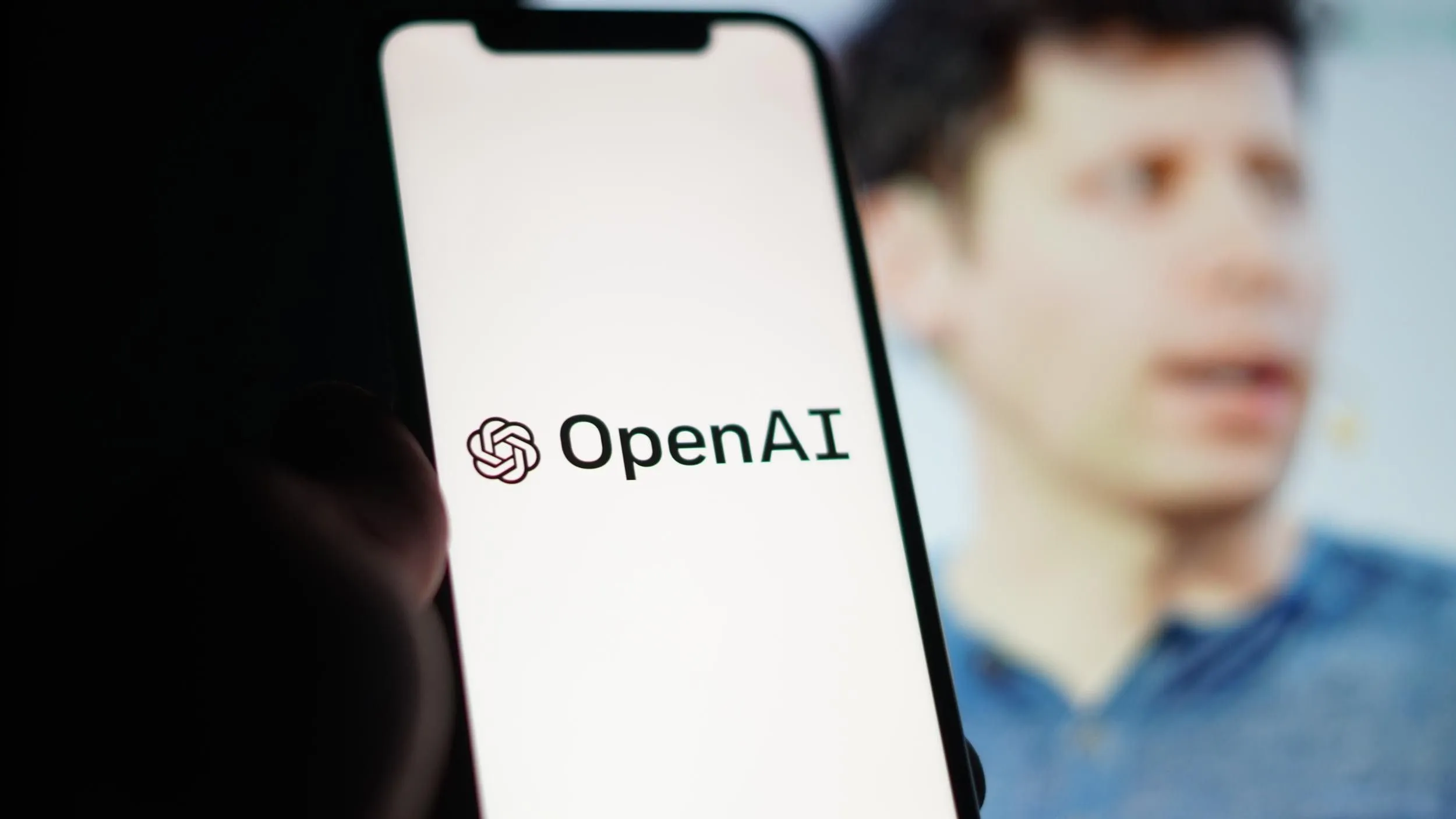Generative AI: The Upsurge in Talent Transfers Within the Technology Industry

Generative AI Fuels Executive Movement in the Tech Landscape
Sebastien Bubeck, Microsoft’s former vice president of GenAI research, is set to join OpenAI, known for its leading AI models like ChatGPT. A veteran with a decade’s worth of experience at Microsoft, Bubeck spearheaded efforts to enhance the company's generative AI strategy, focusing on innovative small language models (SLMs) that could challenge OpenAI's renowned GPT systems.
His groundbreaking initiatives led to the development of the Phi models—compact and cost-effective solutions, now integral to Microsoft's flagship products including the Bing chatbot and Office 365 Copilot. These advancements not only improved AI efficiency but also reduced company operational costs.
Impact on OpenAI and the AI Community
While Microsoft acknowledged Bubeck’s transition, they did not disclose his new responsibilities at OpenAI. The platform is currently intensifying its efforts towards achieving artificial general intelligence (AGI), an area where Bubeck’s expertise will play a critical role.
Bubeck’s move is part of a broader trend, reflecting the growing competition within the technology industry for AI professionals. With several prominent figures departing OpenAI recently, including its CTO and co-founders, the race for top-tier talent is more intense than ever.
Future Developments in Generative AI
The talent shift at OpenAI indicates significant ramifications for the future of generative AI innovation. As the industry gears up to explore the capabilities of AGI, the influx of new expertise may well influence developments across various sectors.
This article was prepared using information from open sources in accordance with the principles of Ethical Policy. The editorial team is not responsible for absolute accuracy, as it relies on data from the sources referenced.